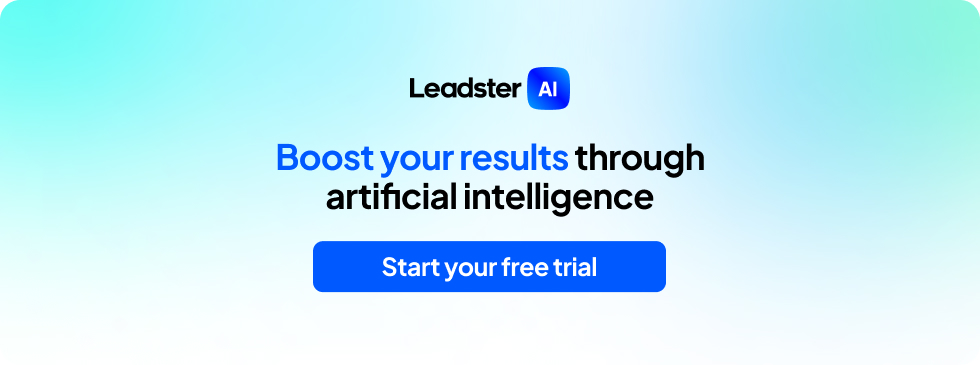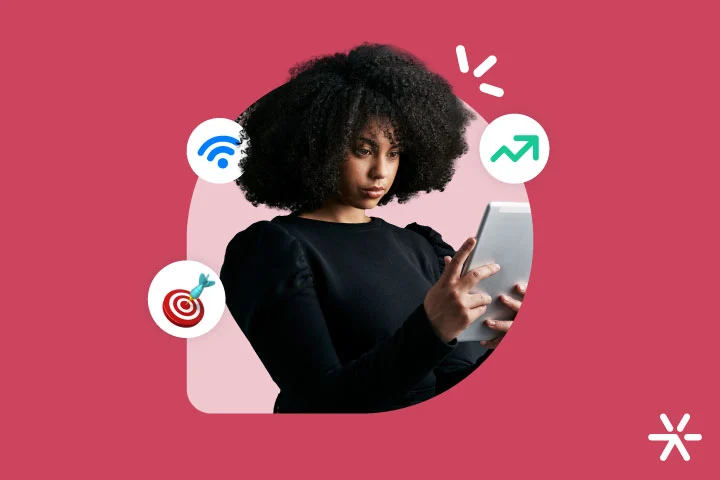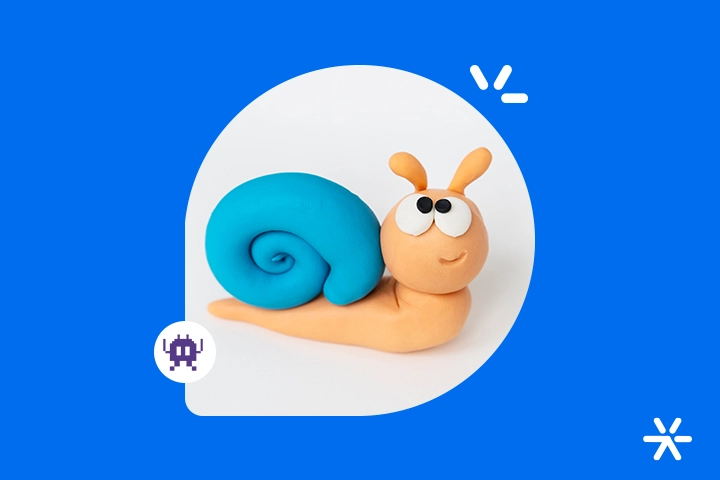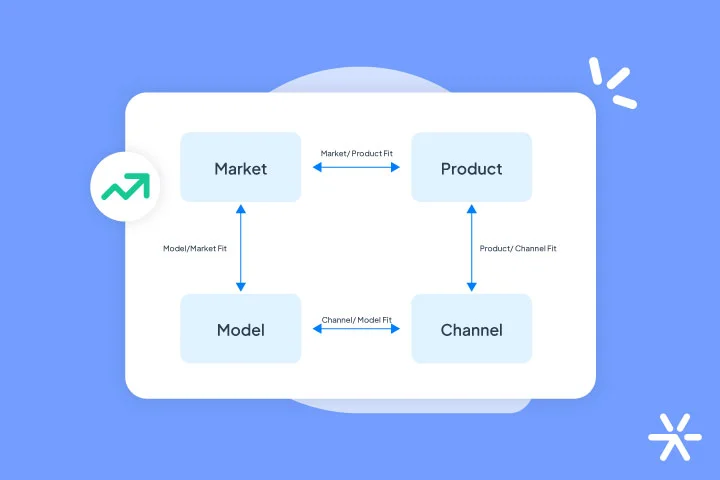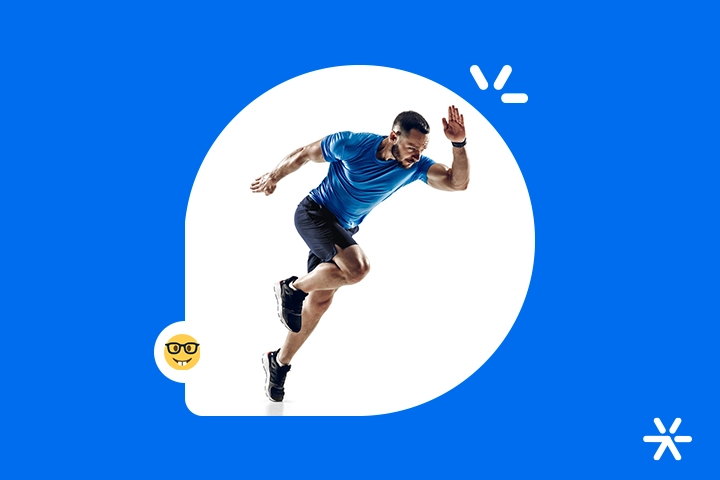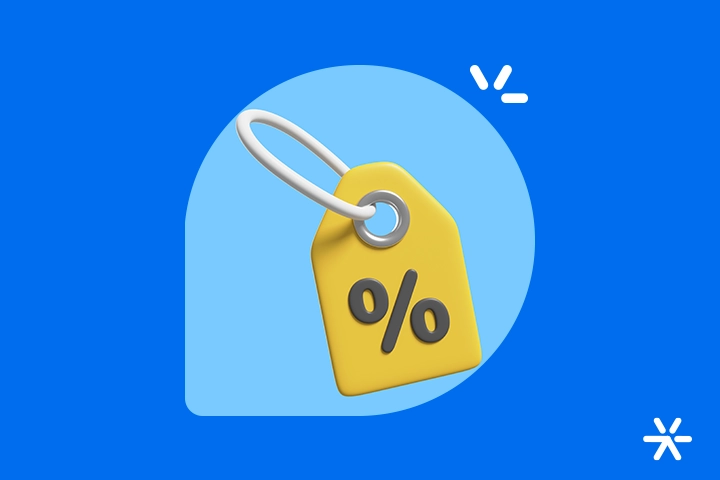13 Online and Offline Marketing Channels to Sell More
We can view marketing channels as a means to an end.
In other words, these channels act as bridges between companies and customers, always aiming to provide the best user experience, maintain long-lasting relationships, and close more sales at the end of the consumer journey.
Therefore, knowing the best online and offline marketing channels is an essential step for your company to stand out and for you to sell more.
Let’s explore the 13 marketing channels that we have outlined here for you to discover which strategies to apply, tips to make the most of them, and what results you can achieve!👇
What Are Marketing Channels?
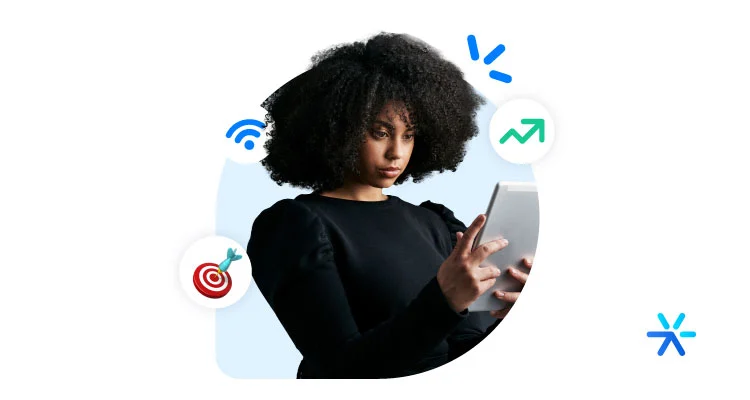
As briefly mentioned in the introduction, marketing channels are the means through which promotions, campaigns, products, and services reach consumers.
Going beyond the concept of just being a bridge, marketing channels are used for companies to stand out among competitors, having the power to exceed end-user expectations in terms of service and communication.
We must remember that channels are present in all stages of the sales cycle, being essential from the discovery phase to post-sales.
What Are the Differences Between Marketing Channels?
Now that we’ve explored the concept of marketing channels, let’s delve into the differences within them because there are different types of channels for different objectives.
Communication Channels
Communication channels, as the name suggests, are used to deliver a specific message to the target audience.
For example, the content included in an email marketing campaign promoting your product is a strategy of the communication marketing channel, as it delivers a specific message to recipients, in this case, informing and persuading them to purchase the product.
Distribution Channels
Distribution channels, on the other hand, represent the means through which the product or service reaches the customer.
We can separate this type of channel into two groups:
- Direct – companies that sell products or services and have complete control over the customer experience, such as Apple, which sells its products directly in its physical and online stores;
- Indirect – companies that have a wide network of resellers, wholesalers, and retailers to serve the consumer market. For example, Coca-Cola produces and distributes its beverages to retailers and wholesalers.
Service Channels
Finally, we have service channels that address the more bureaucratic part, so to speak.
This channel encompasses the completion of commercial transactions, i.e., the methods the company uses to receive payment for its products.
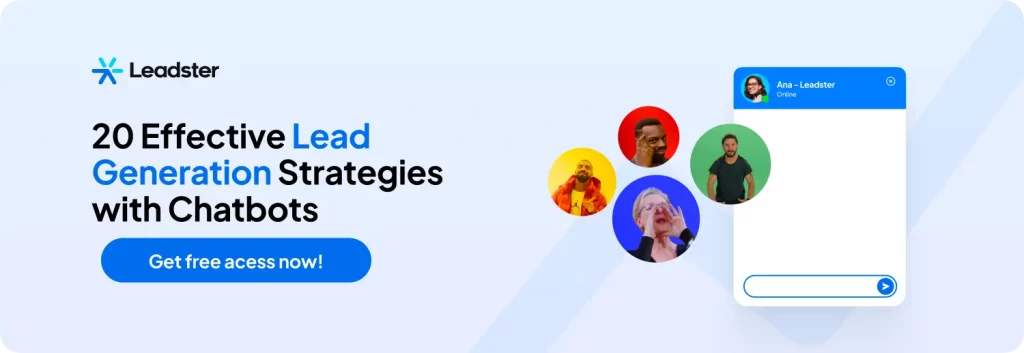
13 Marketing Channels to Know and Use
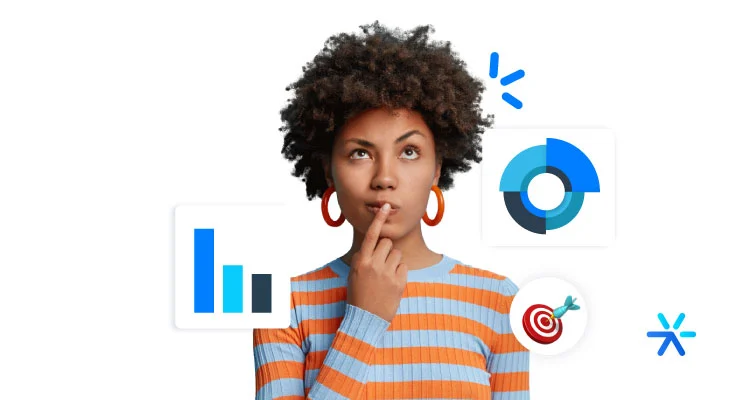
Now that you know what a marketing channel is and its types, let’s dive into the 13 best ones you need to know and perhaps already use in your company!
SEM – Search Engine Marketing
SEM or Search Engine Marketing is a set of strategies (organic and paid) aimed at optimizing websites to rank them at the top of search engine results pages.
I know it can be confused with SEO – Search Engine Optimization. But, in reality, it is the “mother concept” that encompasses both SEO and paid ads (Ads).
To use this channel effectively, you will need to create campaigns focused on relevant keywords for your business, as well as budget planning to ensure a good return on investment (ROI and ROAS).
SEO and Content Marketing
The combination of SEO and content marketing is a powerful combo for organic search.
For this strategy to work, you need to work on optimizing your website for search engines and producing relevant content for your target audience.
This way, your traffic will increase, and consequently, more sales opportunities will arise.
SMM – Social Media Marketing
SMM, also known as Social Media Marketing, is a channel of great strength with billions of users – 4.74 billion to be more precise.
In other words, this is one of the essential channels to be on, especially if you intend to have better relationships with your customers, ensure a close and lasting relationship, as well as educate them and promote your product or service.
You can create advertising campaigns on social networks such as Facebook, Instagram, LinkedIn, Twitter, etc., or also work on content and engagement.
Email Marketing
One of the most famous channels couldn’t be left out 🤩
With email marketing, you can send newsletters, promotions, related content, announce new products or services, and even invite people to events.
Through this channel, you educate your audience, maintain a strong relationship, and can generate conversions through the links added in each email.
Direct Selling
Direct selling is nothing more than a company professional speaking directly to potential customers.
This channel is very beneficial for small businesses, with lower expenses since it doesn’t require advertising space, distribution costs, or other marketing materials.
For direct selling to be successful, constant training of professionals is essential.
Catalog Sales
Catalog sales, on the other hand, are a marketing channel where the consumer navigates through a printed or digital catalog. This catalog includes prices, product descriptions, and images.
As soon as the user selects the desired products or services, they can place an order without interacting with anyone or waiting for responses.
Events
Yes, even events are a type of marketing channel because this type of marketing is a means to an end, right? Whether it’s for education, lead generation, increasing brand visibility, or generating more sales.
With event marketing, your company will be communicating with your audience in a personalized, humanized, and unique way.
Keep in mind that you can now invest in both physical and online events. 😉
Retail
Retail is the traditional form of selling that we have known for a long time.
For this marketing channel to work, it is important to have a well-located store – if possible – invest in a good product display, and provide quality customer service.
Online Retail
Online retail is the marketing channel that allows customers to purchase products or services online.
For this channel to yield good results, invest in a quality website, focus on customer experience – don’t forget about UX tactics – and rely on an efficient logistics system to ensure product delivery.
Indirect Marketing
Indirect marketing incorporates several other channels to effectively deliver a product to a consumer.
When we talk about offline strategies, indirect marketing uses various participants, for example: a manufacturer may sell to a retailer, and then the retailer displays the product in their store, where only then the customer sees it and makes a purchase.
In online actions, companies invest in creating relevant content for the target audience, such as blog articles, videos, e-books, among others, aiming to attract potential customers and generate sales indirectly.
Omnichannel
Why use just one channel when you can use several in your strategy?
Our Lead Generation Overview showed that most marketers don’t use just one channel. And in sales, it wouldn’t be any different.
Omnichannel is essential for the current scenario of high competition and low attention because it integrates different sales channels, such as physical store, online store, and social media, to offer a consistent shopping experience for the customer across all channels.
Videos
Using videos as a marketing channel will increase your conversions, improve ROI, reach new audiences, and also help you build relationships with current customers.
This is because videos bring humanization to companies – you give a face to the brand – and communication becomes much closer and personalized.
Moreover, this format captures much more attention than lengthy texts and ebooks, as evidenced by TikTok, which holds our attention with short videos.
Podcasts
Last but certainly not least, we have podcasts as a marketing channel.
I dare say we are in the era of podcasts, especially after the Covid-19 pandemic; this format gained strength worldwide.
Through this channel, you can produce audio content on relevant topics for your target audience. And, besides educating them, you will be promoting your brand, generating value, and even generating leads at the end of each episode.
What are the best marketing channels in the market?
There is no single answer to this question because the best marketing channel in the market will be the one that best suits your company’s strategies.
In other words, you will need to deeply understand your target audience, analyze your results, conduct market research, and also test some marketing channels to understand which one is the best for your brand.
- Best Paid Media Channels – Facebook Ads, Google Ads, and YouTube Ads;
- Best Lead Generation Channels – Website, WhatsApp, and Blog;
- Best Sales Channels – E-commerce, Marketplace, and Social Selling.
Tell us which of these channels you already use and which others you will test!
After you define your main marketing channels, it will be time to put some actions into practice, right?
You can start by installign a free chatbot on your website! Just click on the link to access Leadster’s 14 day trial – no credit card required.
Thanks for reading. See you on the next article!
